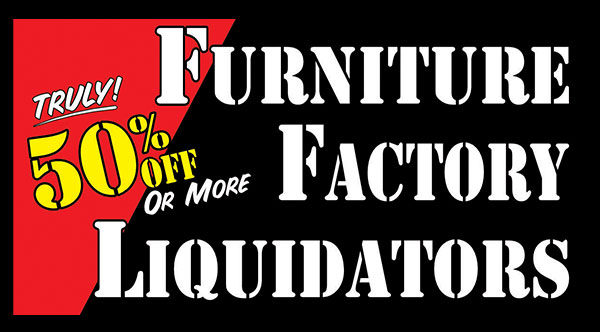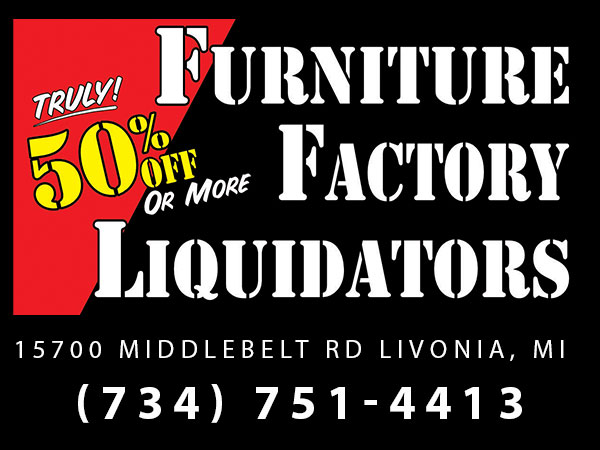Navigating Import and Export Certifications for the Best Leather Sofa Selling Guide
In recent years, the global leather sofa market has seen significant growth, reflecting an increasing demand for high-quality, stylish furniture options that enhance interior aesthetics. According to a report by Research and Markets, the leather furniture market is projected to reach $66.2 billion by 2025, driven by factors such as rising disposable incomes and an expanding middle class worldwide.
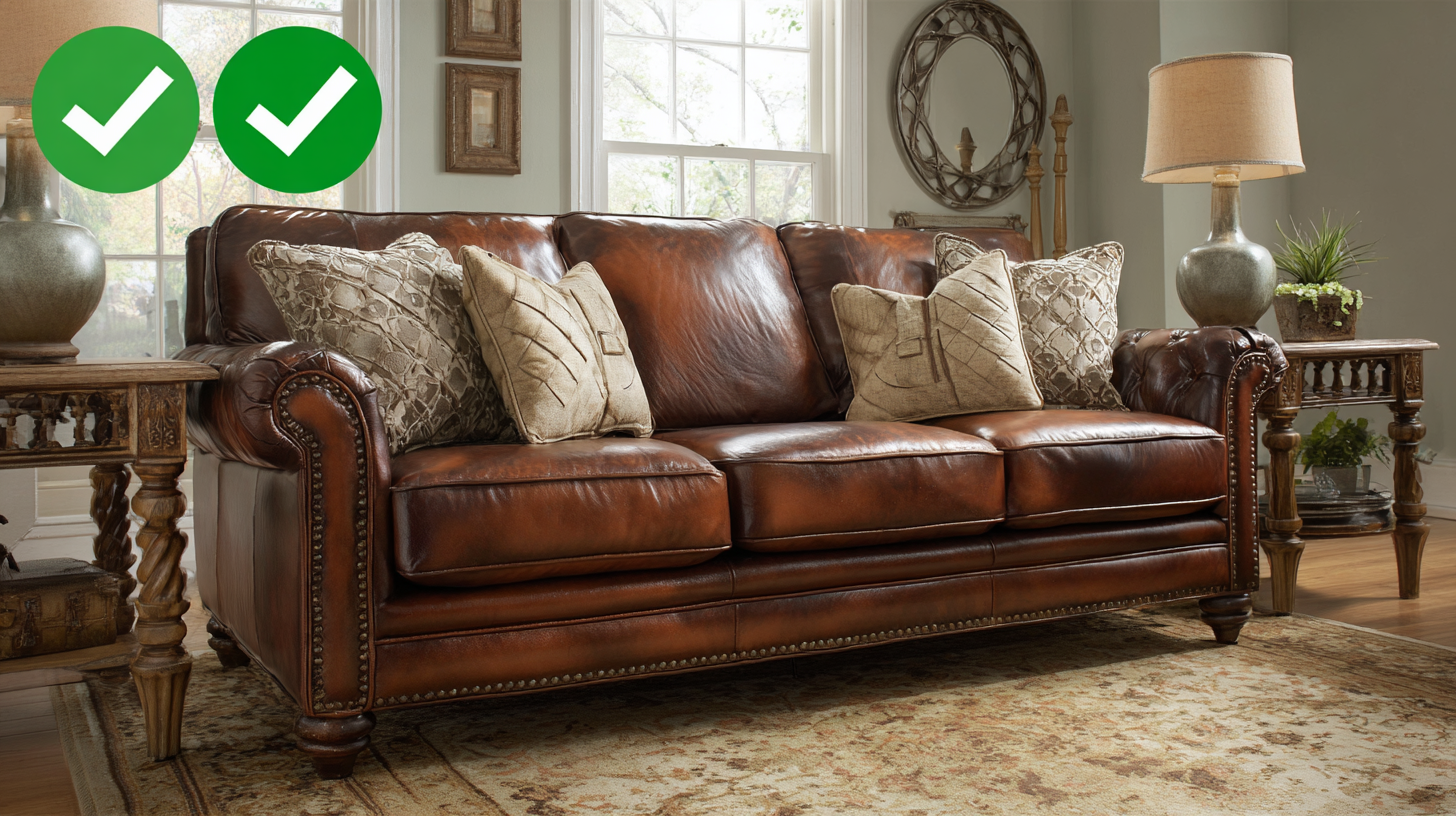
As consumers prioritize durability and luxury, leather sofas have emerged as a favored choice among homeowners and interior designers alike. However, successfully navigating the complexities of import and export certifications is crucial for manufacturers and retailers aspiring to tap into this lucrative market. In this guide, we will explore the certification requirements necessary for exporting leather sofas and how adhering to these standards can position businesses as reliable partners in the global market, emphasizing China's reputation for quality manufacturing.
Challenges in Navigating Import and Export Certifications for Leather Sofas
Navigating import and export certifications for leather sofas can be a complex endeavor, especially for new sellers in the global marketplace. The leather furniture industry is subject to stringent regulations and standards, which can vary significantly from one country to another. According to a report by Technavio, the global leather furniture market is expected to grow by $21.2 billion from 2021 to 2025, underscoring the importance of compliance to ensure market entry and sustainability. Sellers often face challenges in understanding the required certifications, such as the eco-labeling mandated by the European Union, which requires proof of compliance with environmental standards.
To simplify your journey through import and export certifications, it is essential to stay informed of the latest regulations in the markets you intend to target. Regularly consult resources from organizations like the International Organization for Standardization (ISO) and the American National Standards Institute (ANSI) to keep abreast of any changes that may impact your business.
Tip: Establish a relationship with a local customs broker who can guide you through the necessary paperwork and certification processes specific to your region. Additionally, make use of online platforms that offer insights into compliance standards to streamline your operations. Understanding these intricate details not only saves time but also positions your business for success in an increasingly competitive environment.
Essential Certifications for Global Leather Sofa Export: An Overview
When it comes to exporting leather sofas globally, understanding the essential certifications is crucial for success. Manufacturers must comply with a variety of international standards that ensure their products meet safety, environmental, and quality regulations. Key certifications include the ISO 9001, which focuses on quality management systems, and the REACH regulation that addresses chemicals used in production. Implementing these certifications not only enhances product credibility but also opens doors to new markets by reassuring consumers about the environmental and health impact of their purchases.
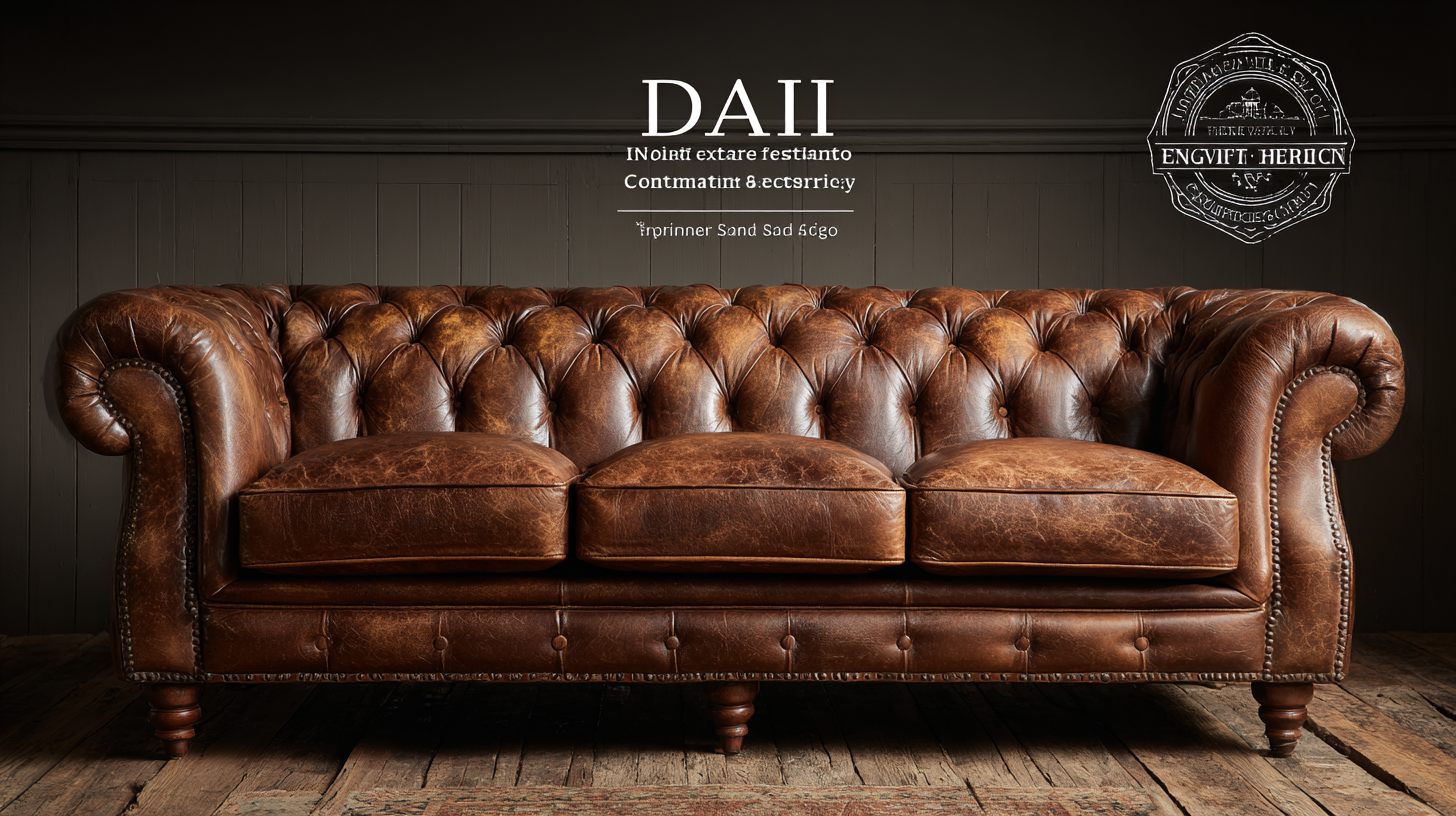
In addition to quality and safety certifications, it’s important for exporters to be aware of country-specific requirements. For instance, the European Union has stringent regulations regarding the use of certain materials, and failing to comply can result in costly penalties or product bans. Exporters must also look into certifications such as GOTS (Global Organic Textile Standard) if they are using organic leather, as this can significantly enhance marketability in sustainability-conscious regions. By meticulously navigating these certifications, exporters can establish a robust presence in the competitive global market for leather sofas.
Impact of Quality Standards on International Leather Sofa Sales
When it comes to international leather sofa sales, understanding quality standards is crucial for both exporters and importers. The impact of these standards on market acceptance cannot be understated. Rigorous quality certifications not only enhance the credibility of products but also reassure consumers regarding durability and safety. For sellers, meeting international quality standards allows for broader market access and fosters trust with potential buyers, ultimately translating to higher sales volumes.
Moreover, compliance with quality regulations can significantly affect pricing structures. Sofas that meet stringent certification requirements often command a premium in the market. Buyers are increasingly inclined to invest in products that demonstrate compliance with eco-friendly and safety standards, particularly in regions with stringent import regulations. Therefore, sellers need to navigate these certification processes effectively to differentiate their products and position themselves competitively in the global market. Ultimately, aligning product offerings with recognized quality standards ensures that sellers are not only compliant but also well-prepared to meet evolving consumer expectations.
Navigating Import and Export Certifications for the Best Leather Sofa Selling Guide - Impact of Quality Standards on International Leather Sofa Sales
| Certification Type | Description | Impact on Sales | Region Required | Average Cost |
|---|---|---|---|---|
| ISO 9001 | Quality management systems | Enhances buyer confidence | Global | $5,000 - $15,000 |
| EU Ecolabel | Eco-friendly products | Attracts environmentally conscious consumers | European Union | $2,000 - $10,000 |
| REACH Compliance | Chemical safety regulation | Mandatory for market access in EU | European Union | $1,000 - $5,000 |
| CE Marking | Conformity with health and safety standards | Essential for selling in EU markets | European Union | $1,500 - $6,000 |
| Flammability Standards | Fire safety standards for upholstery | Required for retail in many regions | USA, EU, Australia | $1,000 - $4,000 |
Market Trends: Growth of Chinese Leather Sofa Exports in the Global Arena
The global market for leather sofas is witnessing a notable surge, particularly due to the impressive growth of Chinese exports. As consumers increasingly seek high-quality and stylish furnishings, Chinese manufacturers have risen to the occasion, offering an array of leather sofa designs that combine beauty with durability. This growing demand has positioned China as a formidable player in the leather furniture industry, with exports reaching new heights and catching the attention of international buyers.
A pivotal factor contributing to the success of Chinese leather sofas in the global market is the focus on sustainability and ethical production practices. Manufacturers are now adopting environmentally friendly processes and sourcing materials responsibly. This commitment not only appeals to eco-conscious consumers but also enhances the overall quality of the products. With leather repercussions being a central concern, many exporters are investing in certifications that validate the eco-friendliness of their practices, thus ensuring a competitive edge in the international arena. As trends continue to evolve, stakeholders must remain agile, adapting to consumer preferences while maintaining the highest standards of quality and compliance in the export process.
Navigating Import and Export Certifications for the Best Leather Sofa Selling Guide
Understanding Consumer Preferences: Compliance and Certification in the Leather Industry
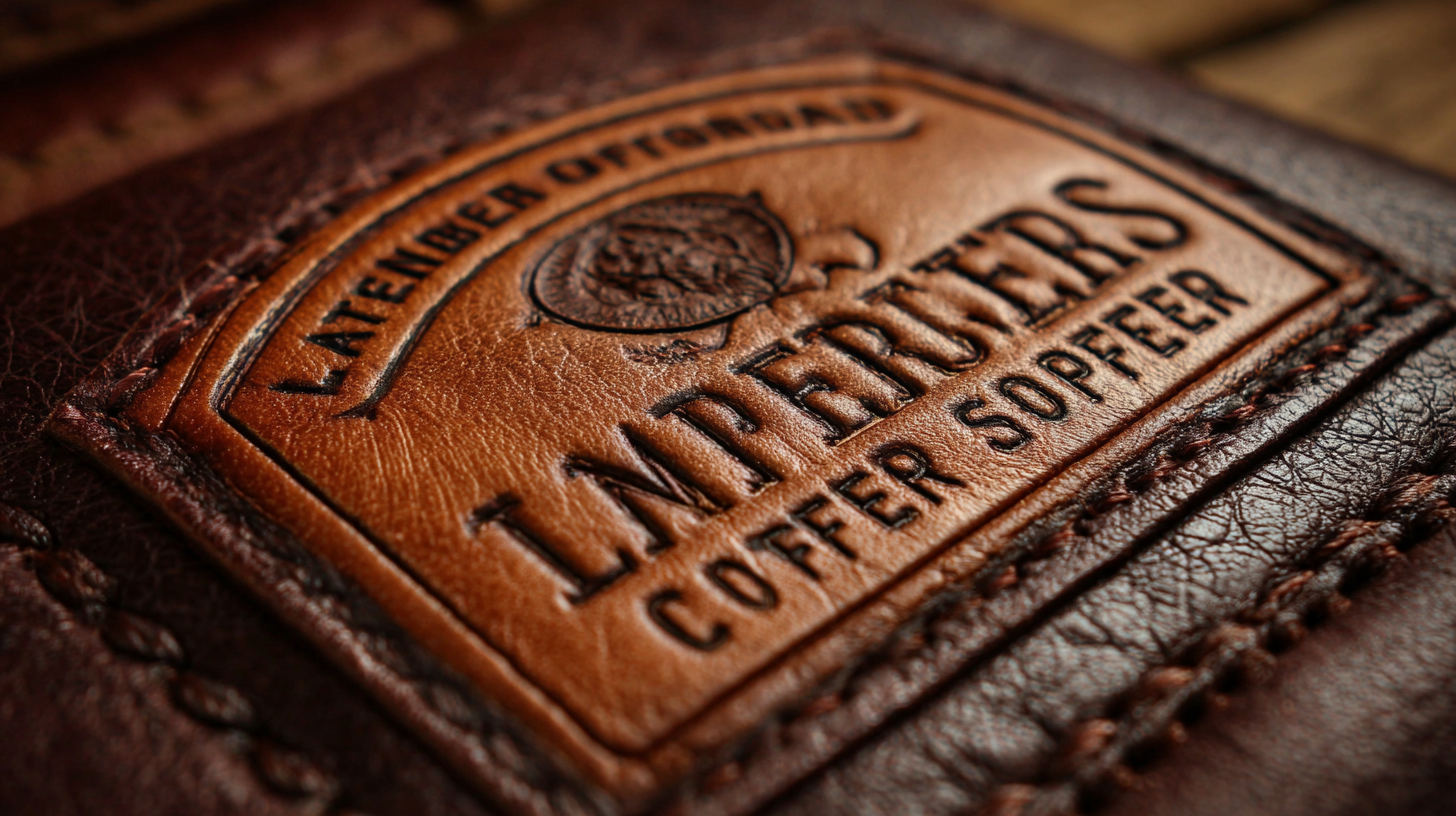 Understanding consumer preferences is crucial in the leather industry, especially when it comes to compliance and certification. Today's consumers are becoming increasingly aware of the ethical and environmental implications of their purchases. As a seller of leather sofas, acknowledging these concerns not only enhances your brand's reputation but also influences customer loyalty. Awareness of certifications such as the Leather Working Group (LWG) can provide an edge, as they verify sustainable practices throughout the supply chain, thus appealing to eco-conscious buyers.
Understanding consumer preferences is crucial in the leather industry, especially when it comes to compliance and certification. Today's consumers are becoming increasingly aware of the ethical and environmental implications of their purchases. As a seller of leather sofas, acknowledging these concerns not only enhances your brand's reputation but also influences customer loyalty. Awareness of certifications such as the Leather Working Group (LWG) can provide an edge, as they verify sustainable practices throughout the supply chain, thus appealing to eco-conscious buyers.
Moreover, compliance with industry standards not only meets regulatory requirements but also reinforces consumer trust. Transparent sourcing and production processes are paramount; customers gravitate towards brands that demonstrate a commitment to quality and sustainability. By showcasing relevant certifications on products and marketing materials, sellers can effectively communicate their dedication to ethical practices, differentiating their leather sofas in a competitive marketplace. Through a deep understanding of these consumer preferences, sellers can tailor their strategies to build lasting relationships with their clientele, ensuring both satisfaction and repeat business.
